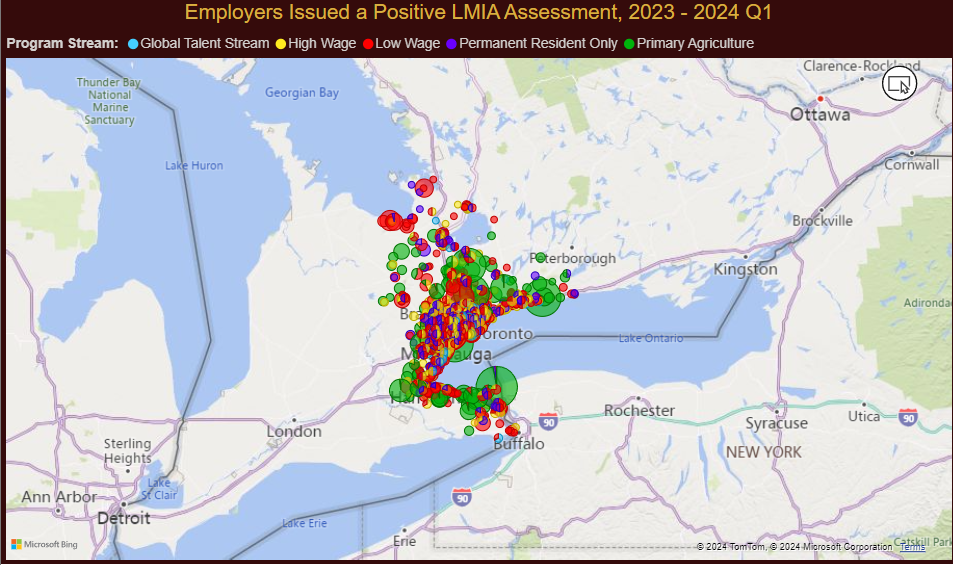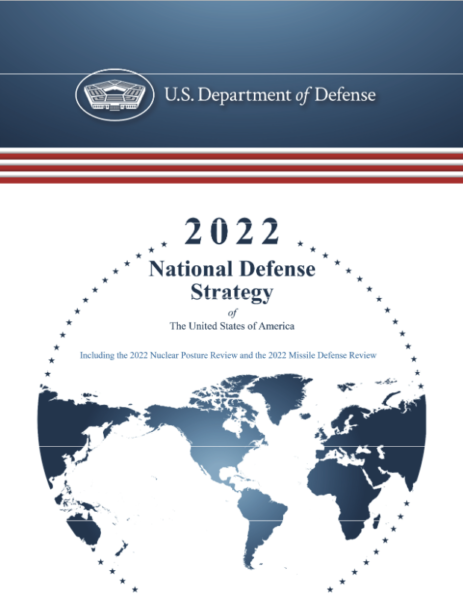During his first year as president, Javier Milei has been waging a bitter but largely successful campaign against inflation.
Now, Argentines received more welcome news: their economy is growing again.
“Economic activity rose 1.3 percent from April, above the 0.1 percent median estimate from analysts in a Bloomberg survey and the first month of growth since Milei’s term began in December,” Bloomberg reported on July 18. “From a year ago, the proxy for gross domestic product grew 2.3 percent.”
The positive economic report, based on data from the Argentine government, is a surprise to many.
The 2.3 percent year-over-year increase defied expectations of a decline of similar magnitude, Bloomberg reported. As Semafor notes, the Argentine economy was projected to have the least economic growth of any country in the world in 2024, according to the International Monetary Fund.
A “Wrecking Ball”?
Argentine economists I spoke to said that the numbers are encouraging, but the country’s economy is far from being out of the woods.
As most people know, Milei inherited an economic mess decades in the making. When the self-described anarcho-capitalist assumed office in December, Argentina was suffering from the third highest inflation rate in the world — 211 percent year over year. The poverty rate was north of 40 percent, and Argentina’s economy was declining.
With his country’s economy in a full tailspin from decades of Peronism, Milei proposed a series of economic reforms dubbed “shock therapy” that consisted primarily of three components: slashing government spending, cutting bureaucracy, and devaluing the peso.
Critics warned that these measures would be disastrous, and many took it for granted that the remedies would deepen Argentina’s recession.
The former head of the International Monetary Fund’s Western Hemisphere Department, Alejandro Werner, said Milei’s strategy could tame inflation, but at great cost.
“A deep recession will also take place,” Werner wrote, “as the fiscal consolidation kicks in and as the decline in household income depresses consumption and uncertainty weighs on investment.”
Felix Salmon, the chief financial correspondent at Axios, concurred, comparing Milei’s policies to “a wrecking ball”.
“Milei’s budget cuts will cause a plunge in household income, as well as a deep recession,” wrote Salmon.
Despite these warnings, Milei delivered his “shock therapy” plan in the first few months of his presidency. Tens of thousands of state workers were cut as were more than half of government ministries, including the Ministry of Culture, as well as the Ministries of Labor, Social Development, Health, and Education (which Milei dubbed “the Ministry of Indoctrination“). Numerous government subsidies were eliminated, and the value of the peso was cut in half.
Even before Milei’s policies were given a chance to succeed, many continued to attack them.
“Shock therapy is pushing more people into poverty,” journalist Lautaro Grinspan wrote in Foreign Policy in early March. “Food prices have risen by roughly 50 percent, according to official government data.”
Yet the official government data Grinspan cited was a report from December 2023, before Milei had even assumed the presidency.
Contrary to the dire predictions, the results of Milei’s policies have been better than even many of his supporters had dared hope.
During the first half of 2024, inflation cooled for five straight months in Argentina, the Associated Press reported in July. Though consumer prices were up 4.6 percent in June from the previous month, that’s down from a 25 percent month-over-month increase in December, when monthly inflation peaked in Argentina. Meanwhile, in February the government saw its first budget surplus in more than a decade. And just days ago, an economic report was published showing a massive decline in poverty in Argentina.
Many doubted that these successes were possible, and the conventional wisdom said that wringing inflation out of the economy and slashing government spending could only be achieved at great cost: a deepening recession.




















